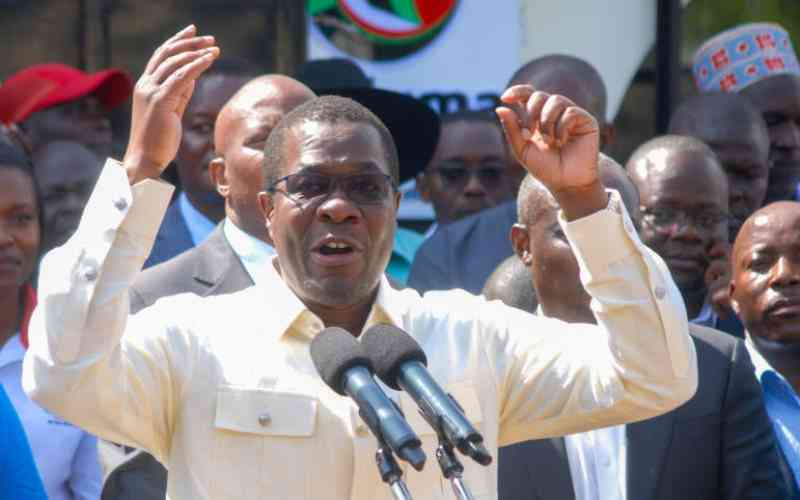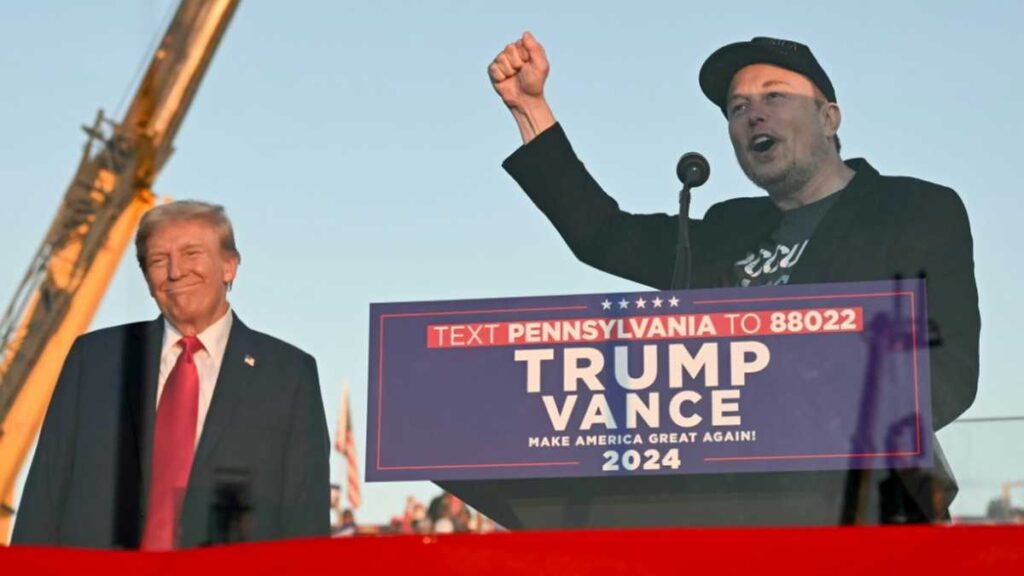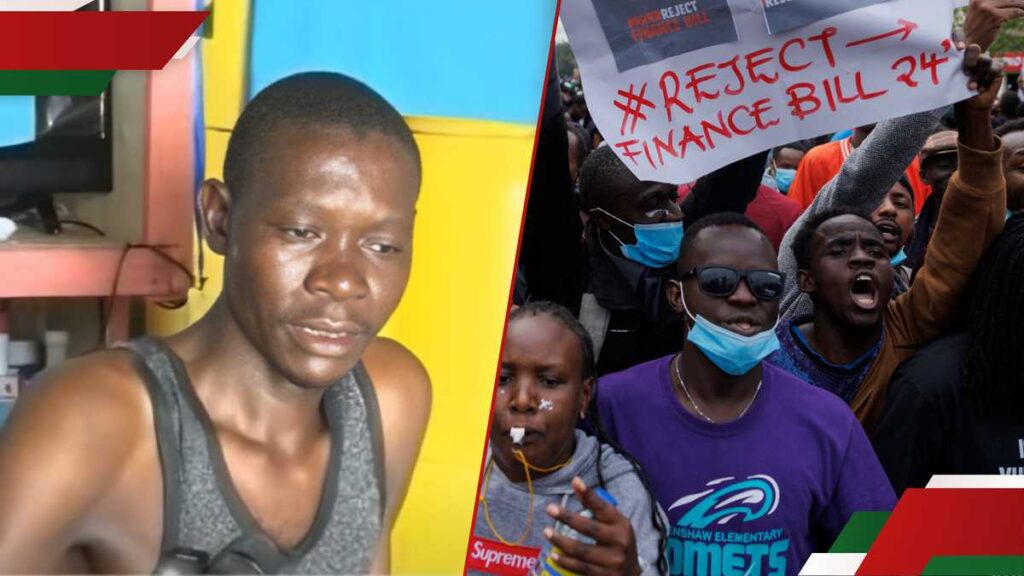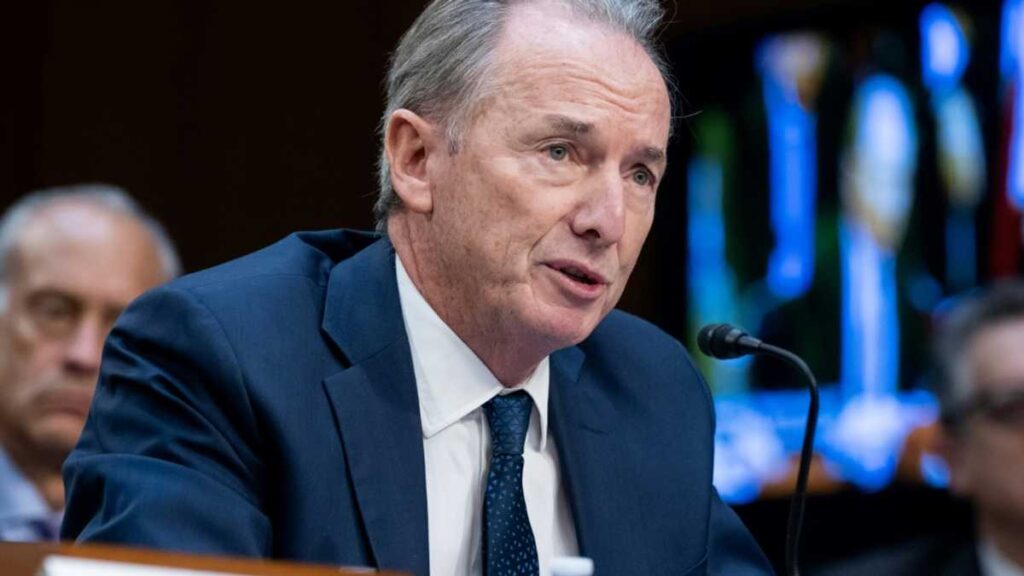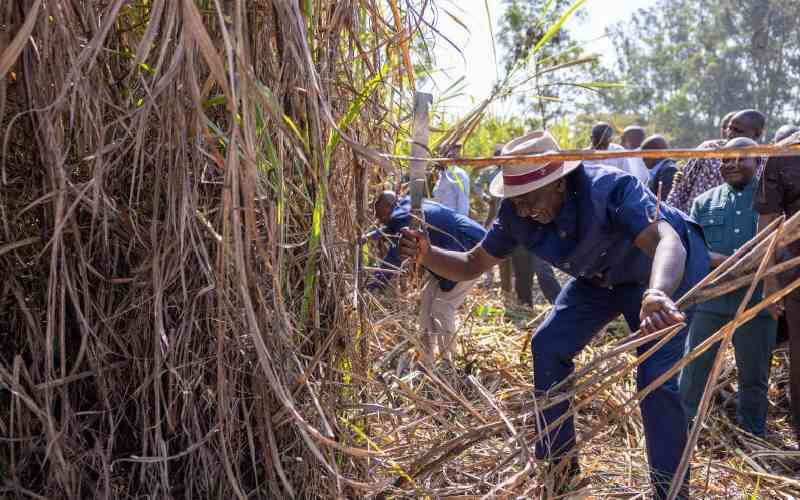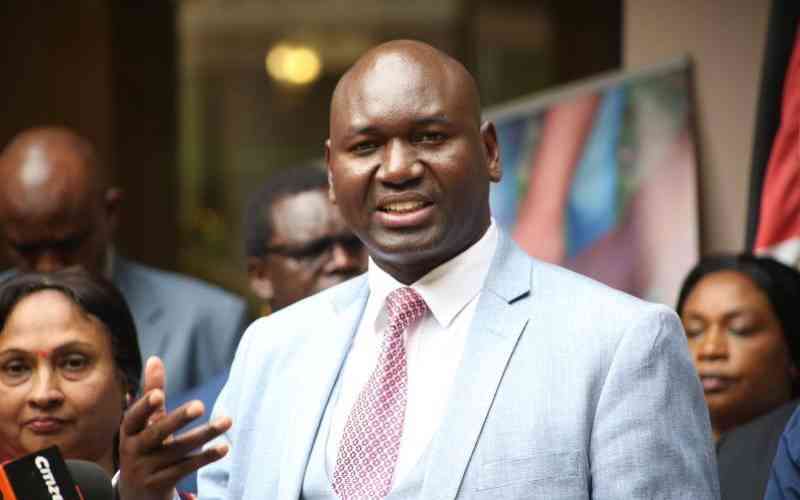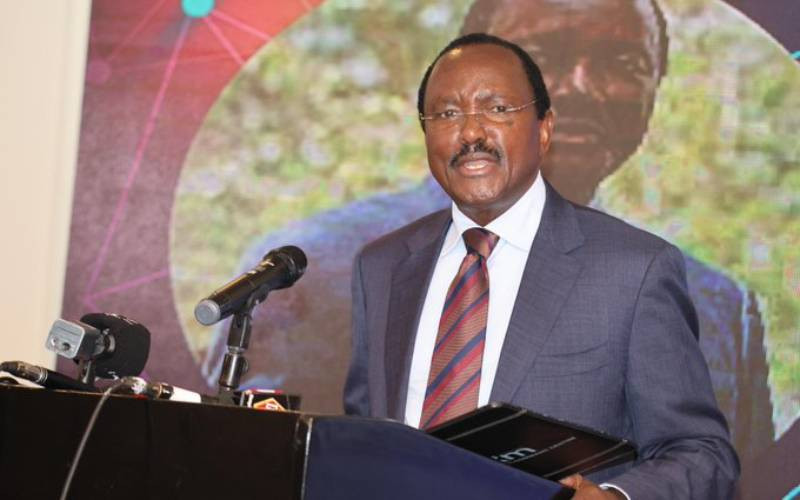Energy and Petroleum Cabinet Secretary Opiyo Wandayi has defended the multiple levies and taxes imposed on petroleum products, saying they are essential as they support critical services offered to Kenyans.
Speaking on Spice FM on Tuesday, July 22, Wandayi maintained that the levies are justified.
However, he noted that those aggrieved can propose reforms that still sustain the services funded by the taxes, while easing the burden on consumers.
Opiyo Wandayi: When you say, for instance, that our levies and taxes are too high and should be reduced, are you offering an alternative to address the issues that these levies are meant to cover?#TheSituationRoom
Hosts: @dennisaseto @nduokoh @DennisOkari
Producer:… pic.twitter.com/h7u9AjZxLS
— SpiceFM (@SpiceFMKE) July 22, 2025
His comments come on the back of a recent increase in fuel prices.
According to energy experts, the spike in pump prices is largely attributed to high taxes, despite the influence of global landing costs. For instance, the Road Maintenance Levy is frequently cited as one of the avoidable charges.
“The number of levies that we put on petroleum has a huge impact on the prices,” Petroleum Outlets Association of Kenya chairperson Martin Chomba averred.
“We rely on petroleum as the low-lying fruit. People go to the petroleum industry to add levies every time they realise they need money. For example, just before the Cabinet was dismantled, the then Transport CS sneaked in a levy on petroleum that was Sh7. Meaning, if that levy was not there, we would be buying fuel at Sh179 and not Sh187,” he added.
Wandayi, however, insisted the levies serve a purpose. “The road maintenance fuel levy is a levy that, even though we collect as a sector, is administered by the Ministry of Roads. But it does play a very vital role.”
He challenged critics to provide alternatives: “So when you say that our levy and taxes are too much, let’s reduce them, are we issuing an alternative to addressing the issues these levies are addressing?” he posed.
On why Kenya’s fuel prices are higher than in neighbouring countries, Wandayi pointed to different tax regimes and national priorities.
“Fuel prices in Rwanda, Uganda, or Tanzania depend on the tax regime, their needs and the approaches the countries have taken to address their needs,” he said.
Currently, Super Petrol retails at Sh186 per litre, Diesel at Sh177.33, and Kerosene at Sh169.25 per litre in Nairobi.
Fuel prices in Kenya are driven up by a series of levies, including the Merchant Levy, Road Maintenance Levy, Excise Duty, Railway Development Levy, Petroleum Development Levy, Petroleum Regulatory Levy, and the 16 per cent Value Added Tax, despite no value being added to the imported fuel.
“There is no value added to the fuel we import. We do not have a petroleum industry in Kenya; we have a petroleum logistics industry. We trade petroleum the way we import it. Therefore, adding VAT to it doesn’t make sense. The amount being held is big, 16 per cent,” Chomba said.
Stay informed. Subscribe to our newsletter
Adding that Sh29.76 from every litre of petrol sold at Sh186 goes to the government. If taxes were trimmed, the prices would be lower, regardless of global disruptions.
However, according to Wandayi, yes, prices are high and more needs to be done, but the levies remain necessary.








